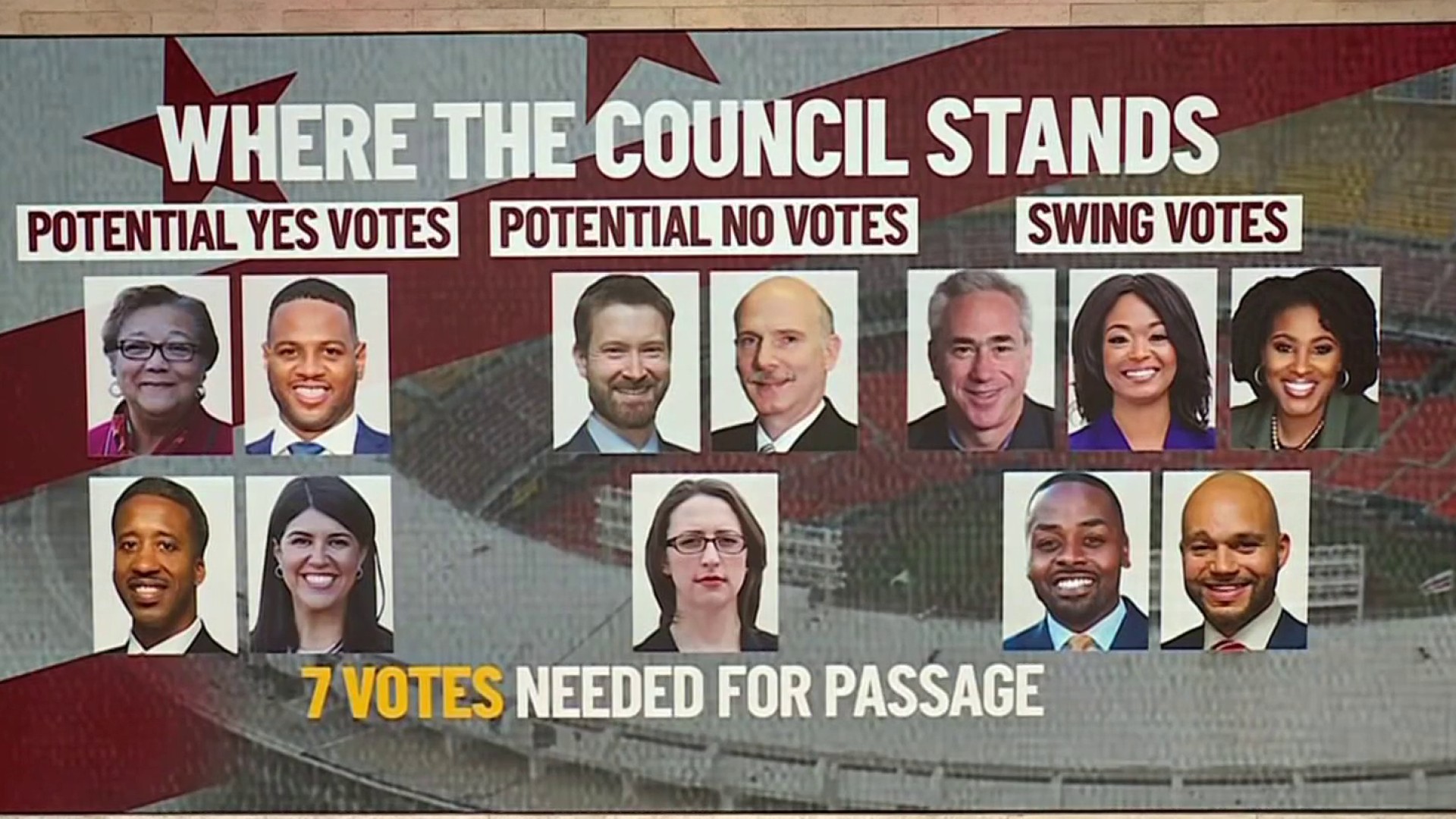As some Maryland teachers say workload and class sizes are driving them out of the profession and superintendents across the state report staff shortages have gotten worse during the pandemic, two pieces of legislation aim to give teachers a stronger voice and provide pay raises to staff who support educators.
From bus drivers and cafeteria workers to classroom assistants, people who work in school systems are becoming harder to hold on to.
Stream NBC4 newscasts for free right here, right now.
“It’s no longer that you're just competing with local education systems, you’re competing with everyone because of the great resignation," Service Employees International Union Local 500 President Pia Morrison said.
It's part of the reason there's a Maryland Senate bill proposing a $500 bonus for support staff this year and next year. Currently, most of these workers earn less than $35,000 a year.
We have the news you need to know to start your day. Sign up for the First & 4Most morning newsletter — delivered to your inbox daily.
“There shouldn't be a public sector job in this country, and particularly in K-12 education, that is not a family-sustaining job, and that is a real crisis right now," Morrison said.
The Blueprint, Maryland's multibillion-dollar education funding plan, though expansive, does not address pay for education support professionals.
“Given that we have a big fund balance and we have an issue with retaining and attracting education support professionals, this is a good investment," said Sen. Craig Zucker, D-Montgomery County.
Local
Washington, D.C., Maryland and Virginia local news, events and information
A second bill sponsored by Del. Jazz Lewis, D- Prince George's County, works to give teachers a right to discuss class size during union negotiations. Maryland is one of nine states that doesn't allow that.
“That's going to affect the quality of education we’re able to deliver and should be part of the conversation,” Lewis said.
A recent poll by Maryland's teacher union showed more than half are considering retiring sooner than expected, 61% said they'd stay if class sizes were smaller, and 90% said smaller classes would improve working conditions.
“The important part of this piece of legislation is currently even the discussion about class size is an illegal subject of bargain in our statute,” Maryland State Education Association President Cheryl Bost said. “This will take it to a permissive subject of bargaining, which allows us to at least have the conversation.”
In addition to bonuses, the Senate bill also calls for a work group to review how to retain and increase pay for quality education professionals.



